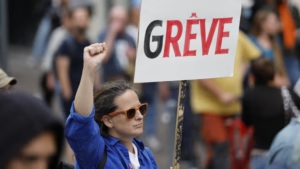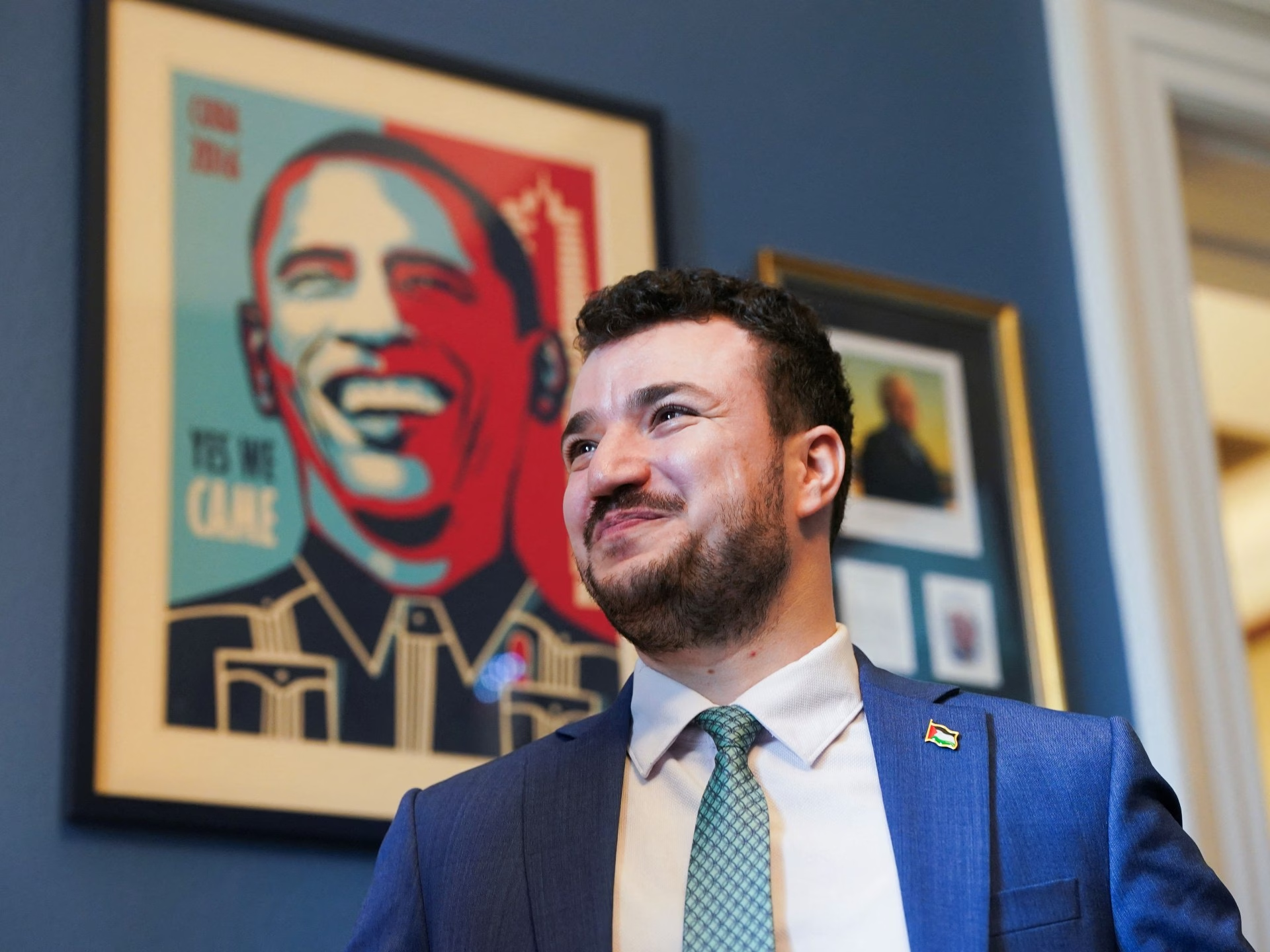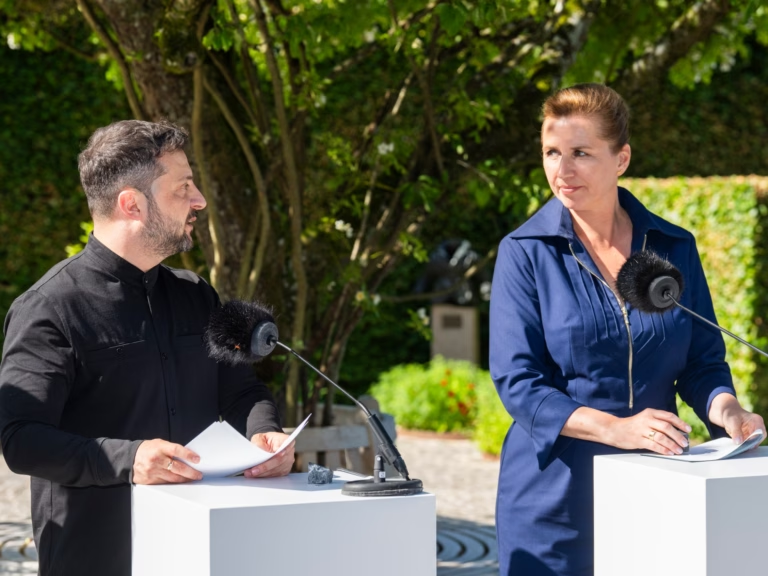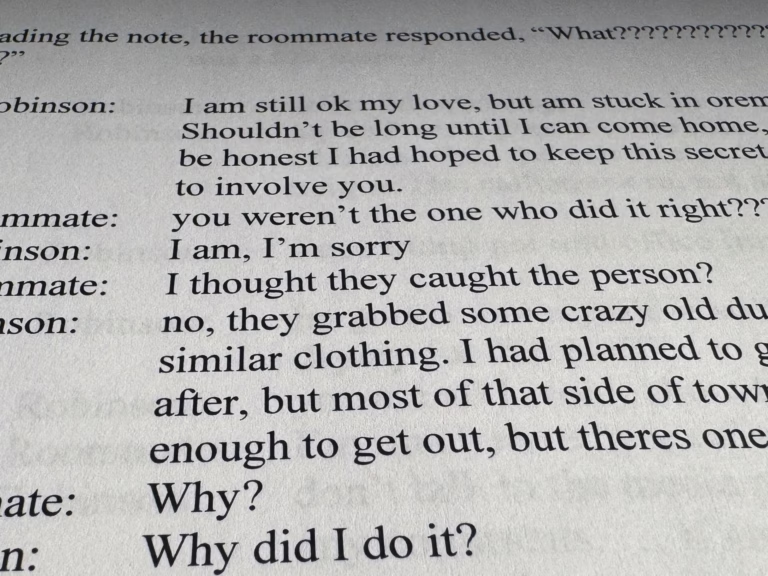Share
Khalil fears being targeted by Israel due to his activism if deported to either country. Federal court records, as reported by the American Civil Liberties Union (ACLU) on Wednesday, show that Louisiana immigration judge, Jamee Comans, issued the ruling on September 12, claiming Khalil did not reveal his ties to the United Nations agency for Palestinian refugees (UNRWA) and Columbia University Apartheid Divest, an activist group advocating for an economic boycott of Israel, on his green card application.
Recommended Stories
list of 3 items
Khalil, a native of Syria and Algerian citizen of Palestinian descent, is represented by lawyers who intend to appeal the deportation order. They point out a federal district court’s earlier prohibition on immediately deporting or detaining Khalil, as his federal court case proceeds.
Khalil’s legal team has 30 days from the ruling to appeal to the Board of Immigration Appeals. They expect the appeal to be rapid and possibly unsuccessful, as noncitizens are rarely granted stays of removal.
On March 8, US immigration agents arrested Khalil at his apartment on Columbia University’s campus in New York. This arrest was part of a broader crackdown on pro-Palestine activism on US college campuses, which resulted in the detention and deportation of several international students, and federal funding cuts for universities accused of anti-Semitic activities.
Khalil was held at an immigration detention center in Louisiana for three months before being released in June following a ruling by US District Judge Michael Farbiarz that his detention was unconstitutional.
US Secretary of State Marco Rubio and law enforcement officials had portrayed Khalil’s activism as anti-Jewish and supportive of Hamas without providing evidence. Farbiarz ruled that the Trump administration’s actions likely violated Khalil’s right to free speech, under a clause of the Immigration and Nationality Act of 1952 that allows for the removal of foreign nationals whose presence might entail “potentially serious adverse foreign policy consequences for the United States”.
Khalil’s lawyers are concerned about the deportation ruling, stating that the only effective bar to deportation is now the “important order prohibiting removal” by Judge Farbiarz. Khalil also accused the Trump administration of using “fascist tactics” to silence him for speaking out on behalf of Palestine and demanding an end to the ongoing violence in Gaza.






